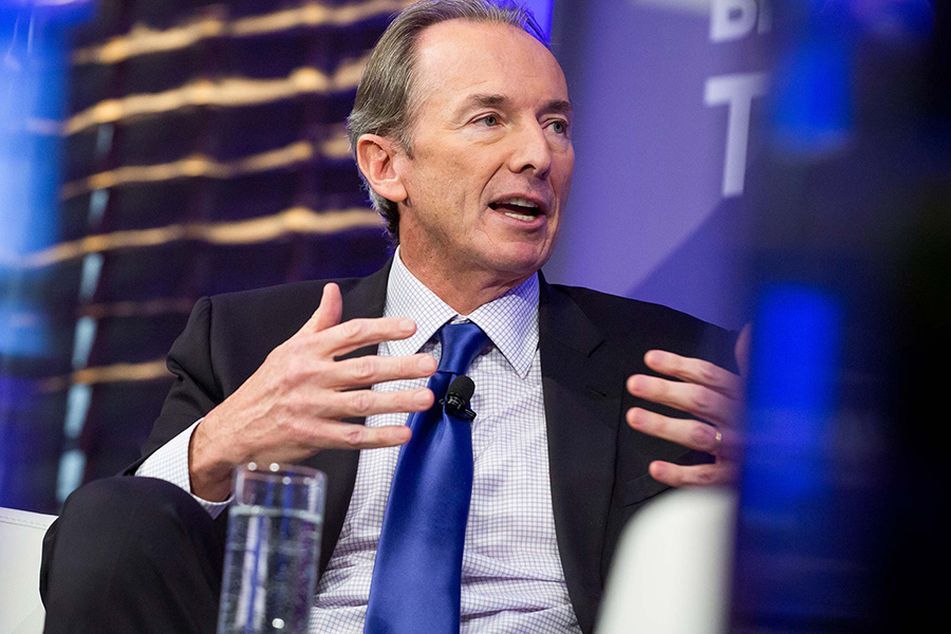Morgan Stanley’s James Gorman says pressure on advice fees could be next
 1
1
Now that discount brokers have cut commissions to zero, CEO wonders if competition will heat up to reduce advisory fees.
Now that discount brokers have cut commissions to zero for certain trades, Morgan Stanley CEO James Gorman says it’s valid to speculate whether there will be increased pressure on advisory fees in the future.
Morgan Stanley released its third quarter earnings Thursday morning. During a conference call, analysts asked Mr. Gorman about this month’s move by discount brokers to eliminate commissions for online trading of U.S. stocks, exchange-traded funds and options. Charles Schwab Corp. was the first to make the move, and was quickly followed by TD Ameritrade Holding Corp., E*Trade Financial Corp. and Fidelity Investments.
[Recommended video: Next generation clients want advisers to help them live better lives]
Similar to many other senior brokerage executives, Mr. Gorman said that the change had been long expected, if oddly timed because of the pressure those companies face in a declining interest rate environment.
He then added that commission activity in the firm’s wealth management business was already quite small. The long-term trend among broker-dealers like Morgan Stanley has been to move its advisers away from sales of products that generate commission dollars and toward financial planning and advisory accounts that generate quarterly and annual advisory fees. With close to $2.6 trillion in client assets, Morgan Stanley reported that fee-based assets now make up 46% of total client assets, up from 45%.
One analyst raised the potential vulnerability of that side of the business to competitive pressure.
Mr. Gorman said that was a valid question for the moment.
“You are rightly questioning will there be pricing pressure on advice,” Mr. Gorman said. “I mean, at the level clients are paying, I think it’s mid-70 basis points for advice on dollars of assets – it’s a great value question. The advice pricing holds up as long as your clients are getting value.”
And then he listed the range of services that Morgan Stanley offer to clients as a way to remain competitive.
“With the research, the trade execution, the financial planning, tying people into their long-term charitable giving and trust and estate planning and working with their accountants — it’s complicated stuff,” Mr. Gorman said. “And being wrong on this, and the tax implications of being wrong absolutely overwhelms a few basis points on the fees. That means having high quality advisers giving high quality advice in my view is a winning strategy.”
Although it may have been widely expected, Schwab’s move has clearly shaken up the financial advice industry. Commissions from trading are still a significant piece of revenue for some broker-dealers.
Last week, for example, LPL, the largest independent broker-dealer, with more than 16,000 advisers, is “exploring its options” when it comes to the price war and will share its strategy with advisers by Christmas, according to a company memo.
Broker and adviser headcount at Morgan Stanley at the end of September fell less than 1 percent to 15,553, when compared with the same period last year.
Learn more about reprints and licensing for this article.







